In today’s rapidly evolving marketplace, understanding consumer behavior is crucial for businesses looking to thrive and succeed. Consumer behavior encompasses the actions, motivations, and preferences of individuals when they interact with products, services, or brands.
By gaining insights into consumer behavior, businesses can tailor their marketing strategies, develop innovative products, and deliver exceptional customer experiences. This article will provide a comprehensive guide to understanding consumer behavior, exploring its key aspects, influential factors, and implications for businesses.
What Is Consumer Behaviour?
Consumer behavior refers to the study of how individuals make decisions and take actions when purchasing goods or services. It involves analyzing the entire process from the initial awareness of a product or brand to the final purchase and post-purchase behavior.
Consumer behavior is influenced by various psychological, social, cultural, and personal factors, making it a complex field of study.
Understanding consumer behavior requires examining not only what consumers buy but also why they buy it. This involves analyzing their needs, motivations, perceptions, attitudes, and decision-making processes.
By gaining insights into consumer behavior, businesses can tailor their marketing efforts to better meet the needs and desires of their target audience.

Get Consumer insights Solution with Kentrix : CLICK HERE to Know More
Factors Influencing Consumer Behaviour
Consumer behavior is influenced by a multitude of factors that can be categorized into four main groups: psychological, social, cultural, and personal.
Psychological Factors
- Motivation: Consumers are driven by various motives such as physiological needs, social needs, self-esteem, and self-actualization. Understanding these motives helps businesses align their offerings with consumer desires.
- Perception: How consumers perceive products and brands greatly impacts their buying decisions. Perception is influenced by factors like sensory stimuli, past experiences, and individual interpretation.
- Learning and Memory: Consumers learn from their experiences and store information in memory. Marketers can leverage this by creating positive associations and ensuring easy recall of their brand or product.
- Attitudes: Consumers’ attitudes toward a brand or product significantly impact their purchasing decisions. Marketers strive to shape positive attitudes through effective messaging and brand positioning.
READ THIS : Here’s How IKEA Benefitted From Kentrix’s Geomarketeer
Social Factors
- Reference Groups: Consumers are influenced by the opinions, attitudes, and behaviors of reference groups such as family, friends, colleagues, and social media communities.
- Culture and Subculture: Cultural norms, values, beliefs, and customs shape consumer behavior. Subcultures within a larger culture can further influence consumer preferences.
- Social Class: Social class influences consumer behavior, as individuals from different social classes have varying purchasing power and consumption patterns.
- Opinion Leaders: Influential individuals within a community or industry can sway consumer opinions and choices. Identifying and engaging with opinion leaders can be advantageous for businesses.
Cultural Factors
- Cultural Background: Consumers’ cultural backgrounds, including their language, religion, and traditions, shape their preferences and purchase decisions.
- Symbols and Rituals: Symbols and rituals associated with products or brands hold cultural significance and influence consumer behavior.
- Cultural Values: Different cultures prioritize and uphold certain values, which impact consumer behavior. Understanding these values helps businesses tailor their offerings accordingly.
Personal Factors
- Age and Life Stage: Consumers’ age and life stage affect their preferences and needs. Marketing strategies often target specific age groups to cater to their unique requirements.
- Gender: Gender plays a role in consumer behavior, as men and women may have different preferences and purchasing habits.
- Personality: Consumers with varying personality traits may be attracted to different products or brands. Understanding personality types aids in creating targeted marketing campaigns.
- Lifestyle and Interests: Consumers’ lifestyles and interests shape their consumption patterns. Brands that align with consumers’ lifestyles can resonate more effectively.

Click Here : Know Your target audience with Kentrix
How Consumer Behaviour Affects Businesses
Understanding consumer behavior is essential for businesses across industries. By analyzing and anticipating consumer preferences, businesses can gain a competitive advantage and drive growth. Here are some ways consumer behavior affects businesses:
- Product Development: Insights into consumer behavior help businesses identify unmet needs and develop innovative products that cater to those needs. This ensures a higher likelihood of customer satisfaction and loyalty.
- Marketing Strategy: Tailoring marketing messages, channels, and tactics based on consumer behavior leads to more effective and targeted campaigns. This increases the chances of capturing consumer attention, generating leads, and driving conversions.
- Branding and Positioning: Consumer behavior insights assist businesses in crafting their brand image and positioning strategies. Aligning with consumers’ values and desires fosters brand loyalty and a strong market presence.
- Pricing and Promotion: Consumer behavior influences how consumers perceive and respond to pricing and promotional strategies. Understanding consumer reactions helps businesses optimize pricing and promotional tactics to maximize profitability.
- Customer Experience: By understanding consumer behavior, businesses can enhance the overall customer experience. This includes aspects such as personalized interactions, seamless purchasing processes, and responsive customer support.
Frequently Asked Questions (FAQs)
Q: What are the main types of consumer behavior?
Consumer behavior can be classified into four main types: complex buying behavior, dissonance-reducing buying behavior, habitual buying behavior, and variety-seeking buying behavior. These types reflect the level of involvement and decision-making effort consumers put into their purchases.
Q: How does consumer behavior differ between online and offline purchases?
Consumer behavior differs between online and offline purchases due to factors such as convenience, access to information, social influence, and sensory experience. Online purchases often involve more research and comparison, while offline purchases may be driven by immediate need or emotional factors.
Q: Can consumer behavior be influenced by marketing efforts?
Yes, consumer behavior can be influenced by various marketing efforts. Effective marketing strategies that resonate with consumers’ needs, emotions, and aspirations can shape their preferences, attitudes, and purchasing decisions.
Q: What role does consumer behavior play in brand loyalty?
Consumer behavior plays a significant role in brand loyalty. Positive experiences, consistent quality, and aligning with consumers’ values and aspirations can foster brand loyalty and increase the likelihood of repeat purchases and advocacy.
Q: How can businesses adapt to changing consumer behavior?
Businesses can adapt to changing consumer behavior by regularly monitoring market trends, conducting consumer research, and staying agile. Flexibility in product offerings, marketing strategies, and customer engagement allows businesses to respond to evolving consumer needs effectively.
Q: Is consumer behavior the same as customer behavior?
While consumer behavior and customer behavior are related, they differ in scope. Consumer behavior encompasses all individuals who engage in purchasing decisions, whether they are current customers or not. Customer behavior specifically refers to the actions and preferences of existing customers.
Conclusion
Understanding consumer behavior is crucial for businesses seeking to thrive in today’s competitive market landscape. By delving into the factors that influence consumer behavior and adapting marketing strategies accordingly, businesses can attract, engage, and retain customers effectively.
The insights gained from studying consumer behavior enable businesses to develop products, services, and experiences that meet the needs and desires of their target audience. Embracing consumer-centric approaches is key to achieving sustainable growth and success in any industry.
Read More,
Consumer Profiling Can Help You Elevate Your Business in 5 Ways


